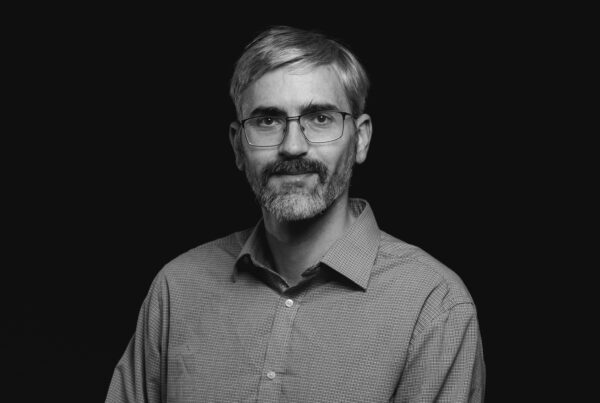I was an undergrad at MIT. I got my PhD in 2008 from Cornell University, working with James W. York, Jr. and Eanna Flanagan on topics in theoretical gravity. I was a postdoctoral associate at Syracuse University, where I joined the LIGO Scientific Collaboration, then a postdoc at Penn State. In 2011, I moved to the Albert Einstein Institut in Hannover, Germany, in Bruce Allen's group, as a senior scientist.
In 2017, I was hired to build a new gravitational wave group at the Institute of Cosmology and Gravitation, University of Portsmouth. I became Full Professor in 2023. In 2024, I became an ICREA and moved to the Institut de Fisica d'Altes Energies, where I have formed a new LIGO group.
